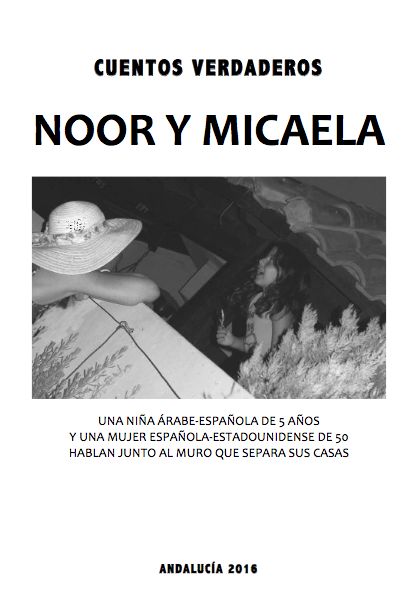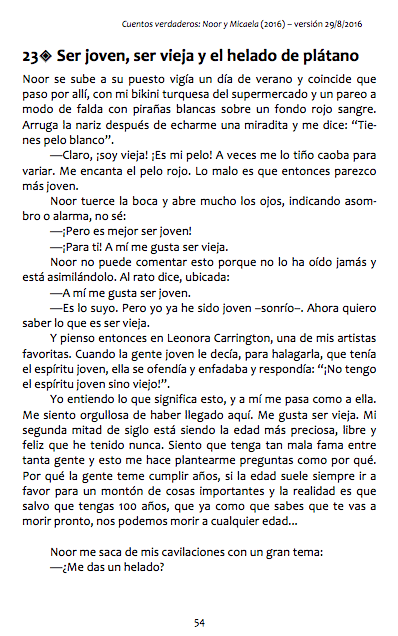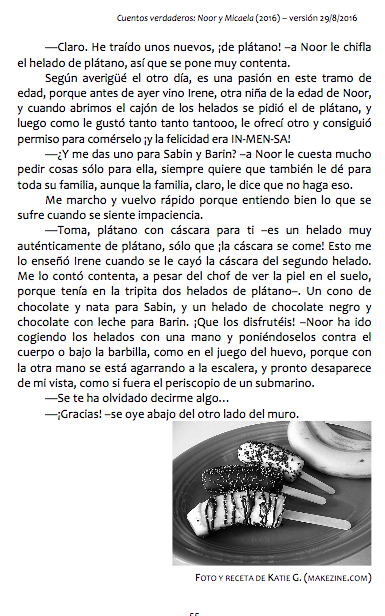Germán shared with us his work on the assignment: Oral Book Review, on the Ngozi essay we read in class. It was timed, to fit the speaking exam format called “monologue”. As you can see in the photo of what he wrote on the whiteboard, he had an outline to speak from, which is a very valuable exercise I hope all students do regularly this year, so they can feel more confident in June, and so they learn a relevant skill for everyday life — how to speak in public from an outline.
As you can see, he started out with factual information on the essay and the author. In his intro to the book, he assessed the kind of reading it was and its value, and moved on to sustain these ideas by sharing with us the anecdotes and ideas the author shared, his highlights. He also paid attention to the language he learned/learnt. What’s missing on the whiteboard is the final recommendation, which he actually did, anyway.
A final outline could have been:
Book Review
- author, title: factual info
- intro: feminist approach, entertaining, own experience
- body: analysis – highlights sustaining intro:
- anecdotes + misconceptions – show value of feminist analysis (bulleted points possible within this point)
- language highlights
- Final comment + Recommendation
I also add key words to outline points, to remind me of the particular ideas I want to mention, e.g. misconceptions (feminists hate…)

Germán, remember to record your work, for your Speaking File, so you can review it later and remember/consolidate.
I hope this great example helps you all to undertake your work at home on monologues. Remember you can watch my video here on Speaking File, and Lucía’s upcoming video!



